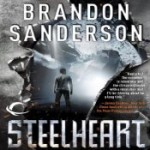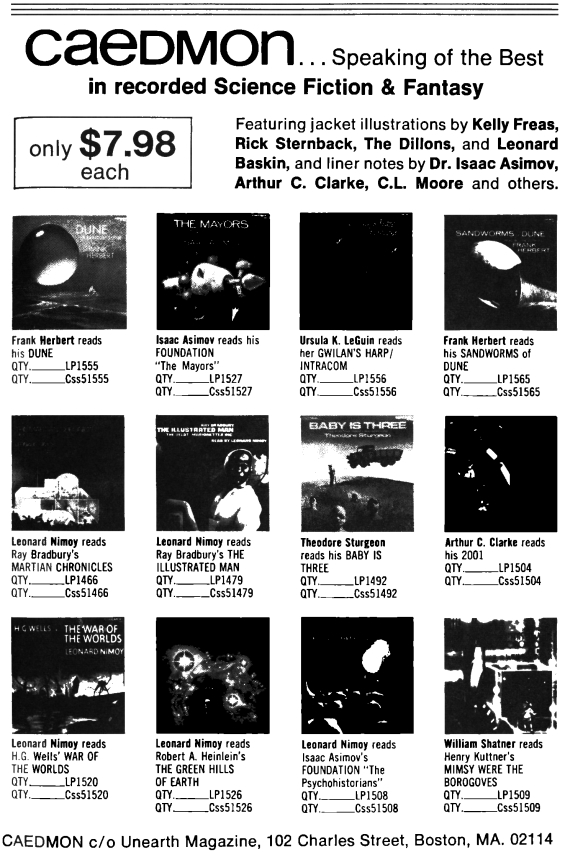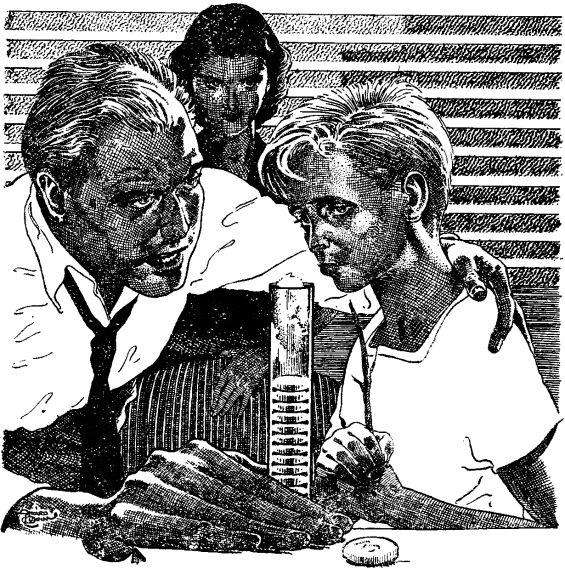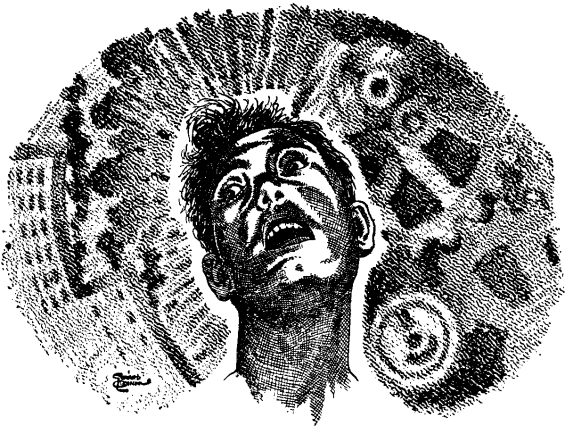
 The SFFaudio Podcast #233 – Scott, Luke Burrage, and Jenny talk about Oryx And Crake by Margaret Atwood.
The SFFaudio Podcast #233 – Scott, Luke Burrage, and Jenny talk about Oryx And Crake by Margaret Atwood.
Talked about on today’s show:
Where’s Jesse?, Eric S. Rabkin, SPOILER TERRITORY, Jenny loves post-apocalyptic dystopian novels, it ends with more questions than answers, a man wandering on the shore, a back and forth structure, Earth Abides by George R. Stewart, big disease, a week, Jimmy’s story, the story of the apocalypse, pigoons and rakunks, The Year Of The Flood, corporate compounds, New New York, dystopia, a future world and then an apocalypse, Octavia Butler, religion, Parable Of The Sower, a parallel story with backstory and humor, a sermon and a hymn by God’s gardeners, the audiobook, a planned trilogy?, the Culture series by Iain M. Banks, extinctathon, Madadam, expert splicers, a hacker genius, the world’s best ever minds, the floor model crakers, war is misplaced sexual aggression, they could eat their own poop, it seems like Jimmy survived through the plague because he wasn’t entirely human, he doesn’t have the right smarts, creating a creation myth, the blood and roses game, nothing was a mystery anymore, yup and tick, Quicktime Osama, Civilization V, is Oryx really Oryx?, SPOILER, “I’m counting on you.”, “If only he’d paid attention to his fridge magnets.”, the way that Jimmy comes to conclusions is kinda different, “he knew why he picked Oryx”, the First Law series, Joe Abercrombie, the music at the end of the audiobook started way too early, narrator Campbell Scott, Jenny hates the convenience of canned and frozen food, wolvogs, any other complaints?, Luke really didn’t like reading about people getting off on child pornography, Jimmy is obsessed with having people tell them stuff while he’s having sex with them, Atwood’s larger point, nighty-night.com, satire, in other parts of their brains and gonads, a big turn off, do I really have to listen to this now?, why is Crake destroying humanity?, neuronormative, there will be no child abuse, random levels of technology, a good novel, good Science Fiction?, technology, DVDs, most SF writers know, Colossus: The Forbin Project,
“Although ‘MaddAddam’ is a work of fiction, it does not include any technologies that do not already exist, or bio-beings that do not already exist, are not under construction, or are not possible in theory.”
it didn’t feel intentional, it felt clunky and badly thought out, Margret Atwood doesn’t want to call it Science Fiction, she’s just not interested, a lot different in tone and feel than most SF, the Booker prize list, this is a book about humans, super-reductive, what does it tell us about humanity?, social Science Fiction, this is pretty bad Science Fiction (but a good novel), the Science Fiction falls out of Crake’s brain, J.G. Ballard, Jenny’s book club experience, boycotted, people refusing to read Oryx And Crake because it is SF, SF lumpers try to deny, Star Wars isn’t SF, a literature of ideas, “the fear of this battlestation”, a perfect description of SF, literary fiction that’s SF, Gravity’s Rainbow, Infinite Jest, Luke doesn’t like sub-genres, gmail has tags, assigning, where do you shelf it?, in the modern world a book can be shelved in many shelves, Goodreads, own-poetry-unread, STAR RATINGS!, the Force is a fantasy element, “oh, here’s another Death Star.”



Posted by Jesse Willis

 Emperor Mollusk versus The Sinister Brain
Emperor Mollusk versus The Sinister Brain







